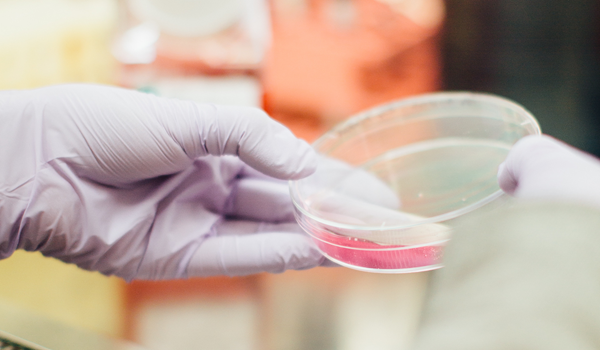Please note: Test results organised by the hospital specialist generally are not sent directly back to the surgery. See why.
Tests & Results
Results Of Tests And Investigations
Test results will be available via the NHS App (or using NHS online services). It may take a few days for the results to arrive at the surgery and be added to your medical record.
Hospital correspondence is usually received late morning. To allow your doctor time to check this, please telephone or call at reception after 11:00am. If your test is abnormal the surgery will contact you, but please be patient as some results take longer to come back. Most results take up to seven days to be returned and your doctor will inform you if this is likely to be longer.
Please note: Test results organised by the hospital specialist generally are not sent directly back to the surgery.

Phlebotomy Clinic
Tel: 01727 897376
| Hospital site | Day | Opening Hours |
|
Hemel Hempstead Hospital Blood Clinic: Marnham Wing |
Monday to Friday | 08:30am to 4:30pm |
| Weekends and Bank Holidays | Closed | |
|
Hemel Hempstead * Haematology or Anticoagulant Clinics: By appointment letter only * Verulam Wing |
Monday to Friday | 08:30am to 12:00pm |
| Weekends and Bank Holidays | Closed | |
| St Albans City Hospital | Monday, Thursday and Friday | 08:00am to 04:00pm |
| Tuesday and Wednesday | 08:30am to 04:00pm | |
| Weekends and Bank Holidays | Closed | |
|
Watford General Hospital Beside Cardiac Centre, opposite Women’s and Children’s building |
Monday to Friday | 07:30am to 04:00pm |
| Weekends and Bank Holidays | Closed |
- Hemel Hempstead - by appointment, Monday to Friday between 08:30am to 02:30pm.
- Watford - by appointment, Monday to Friday, 07:30am to 02:30pm.
- Watford - by appointment, at the Peace Children’s Centre
X-Rays
An X-ray is a widely used diagnostic test to examine the inside of the body. X-rays are a very effective way of detecting problems with bones, such as fractures. They can also often identify problems with soft tissue, such as pneumonia or breast cancer.
If you have an X-ray, you will be asked to lie on a table or stand against a surface so that the part of your body being X-rayed is between the X-ray tube and the photographic plate.
An X-ray is usually carried out by a radiographer, a healthcare professional who specialises in using imaging technology, such as X-rays and ultrasound scanners.
You can find out more about x-ray tests, how they are performed, their function and the risks by visiting the NHS Choices website.
Page created: 20 July 2021
